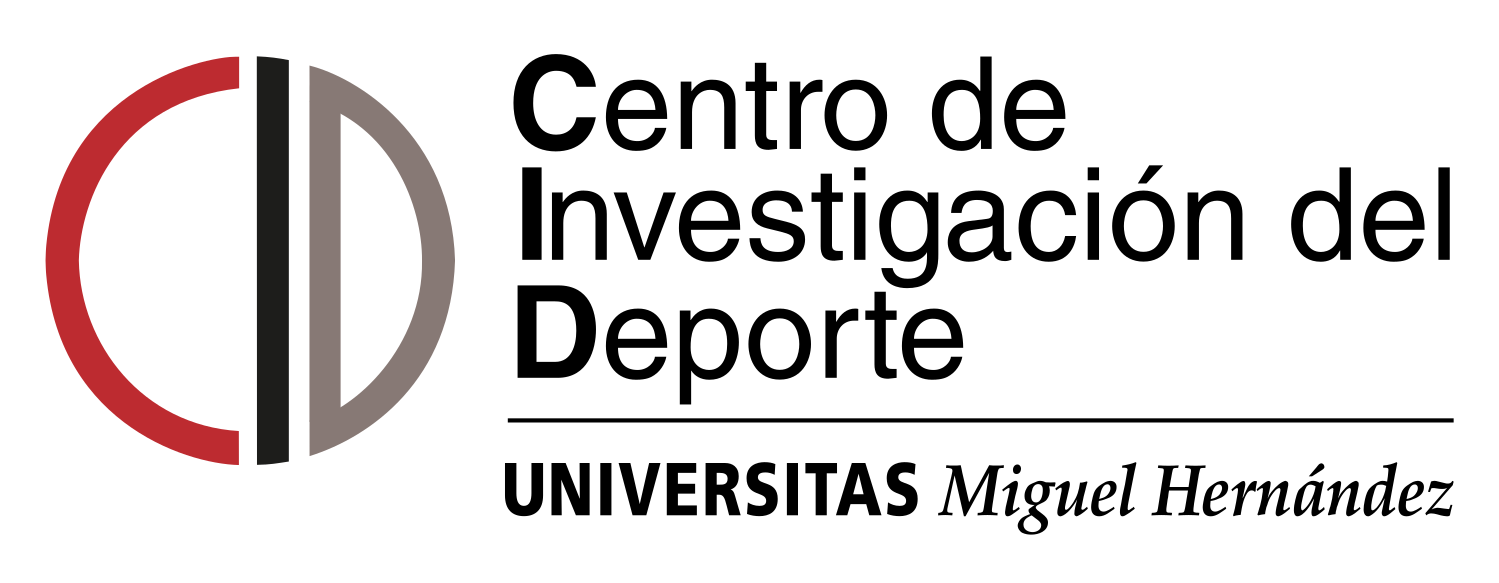(Español) School climate, moral disengagement and, empathy as predictors of bullying in adolescents.
(Español) Exercise-based cardiac rehabilitation and parasympathetic function in patients with coronary artery disease: a systematic review and meta-analysis.
(Español) Heart Rate Variability-Guided Training for Enhancing Cardiac-Vagal Modulation, Aerobic Fitness, and Endurance Performance: A Methodological Systematic Review with Meta-Analysis.
(Español) Heart rate-based indices to detect parasympathetic hyperactivity in functionally overreached athletes. A meta-analysis.
(Español) High‐speed stretch‐shortening cycle exercises as a strategy to provide eccentric overload during resistance training.
(Español) Observational Screening Guidelines and Smartphone Accelerometer Thresholds to Establish the Intensity of Some of the Most Popular Core Stability Exercises.
(Español) Changes in the trunk and lower extremity kinematics due to fatigue can predispose to chronic injuries in cycling.
(Español) Relationships among instructor autonomy support, and university students’ learning approaches, perceived professional competence, and life satisfaction.
(Español) Agreement between isokinetic eccentric hamstring strength, Nordic hamstring strength and Nordic break-point angle in a sample of trained and healthy individuals.
(Español) Postural control strategies are revealed by the complexity of fractional components of COP.
(Español) Is impaired coordination related to match physical load in footballers with cerebral palsy of different sport classes?.
(Español) The Effect of Three Different Resistance Training Programming Approaches on Strength Gains and Jumping Performance.
(Español) Are the Current Cardiac Rehabilitation Programs Optimized to Improve Cardiorespiratory Fitness in Patients? A Meta-Analysis.
(Español) Longitudinal perspective of autonomy support on habitual physical activity of adolescents.
(Español) Acute physical exercise intensity, cognitive inhibition and psychological well-being in adolescent physical education students.
(Español) Bilateral asymmetries in professional cyclists during a Grand Tour.
(Español) Human flourishing and physical self-concept in physically active women.
(Español) Lack of Correlation between Accelerometers and Heart-Rate Monitorization during Exercise Session in Older Adults.
(Español) Postural control quantification in minimally and moderately impaired persons with multiple sclerosis. Reliability of a posturographic test and its relationships with functional ability.
(Español) An Observational Tool to Assess Activity Limitation in Ambulatory People with Cerebral Palsy When Performing Motor Skills
Motivation and physical activity levels in bariatric patients involved in a self-determination theory-based physical activity program.
Motivation and physical activity levels in bariatric patients involved in a self-determination theory-based physical activity program.
Are the current cardiac rehabilitation programs optimized to improve cardiorespiratory fitness in patients? A meta-analysis
Tres nuevos proyectos nacionales financiados en el Centro de Investigación del Deporte
Publicada la Resolución Provisional de las Ayudas Nacionales a Proyectos de I+D+i, del Ministerio de Ciencia e Innovación, nos alegra comunicar que el CID ha obtenido la evaluación favorable para la financiación de tres de sus proyectos: Uno relacionado con el análisis de la variabilidad de la frecuencia cardiaca, otro sobre la medida de la variabilidad motora como herramienta para determinar procesos de adaptación al entrenamiento de fuerza, y otro centrado en el desarrollo de un programa de actividad física educativo y motivacional para pacientes de cáncer colorrectal. Con la obtención de estos tres proyectos, el centro cuenta actualmente con seis proyectos nacionales en vigor. ¡Estamos de enhorabuena!
El programa de actividad física FIT-CANCER continúa durante el estado de alarma
El programa de actividad física FIT-CANCER para pacientes de cáncer colorrectal, liderado por la doctoranda María Romero-Elías, comenzó en el Hospital Puerta de Hierro de Majadahonda un mes y medio antes de la declaración del estado de alarma, bajo la supervisión de la oncóloga Ana Ruiz-Casado y el profesor del Centro de Investigación del Deporte David González-Cutre. Se trata de un programa motivacional de actividad física de 6 meses, con tres sesiones semanales de una hora de duración, orientado a mejorar la condición física y calidad de vida de pacientes de cáncer colorrectal (estadios II y III) durante el tratamiento de quimioterapia, así como a promover la práctica de actividad física regular. Desde que se decretó el estado de alarma, el programa ha continuado impartiéndose con sesiones de entrenamiento online logrando una gran adherencia por parte de los pacientes.
